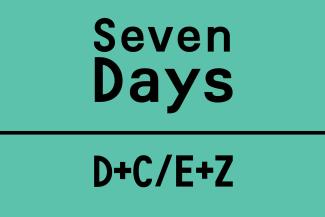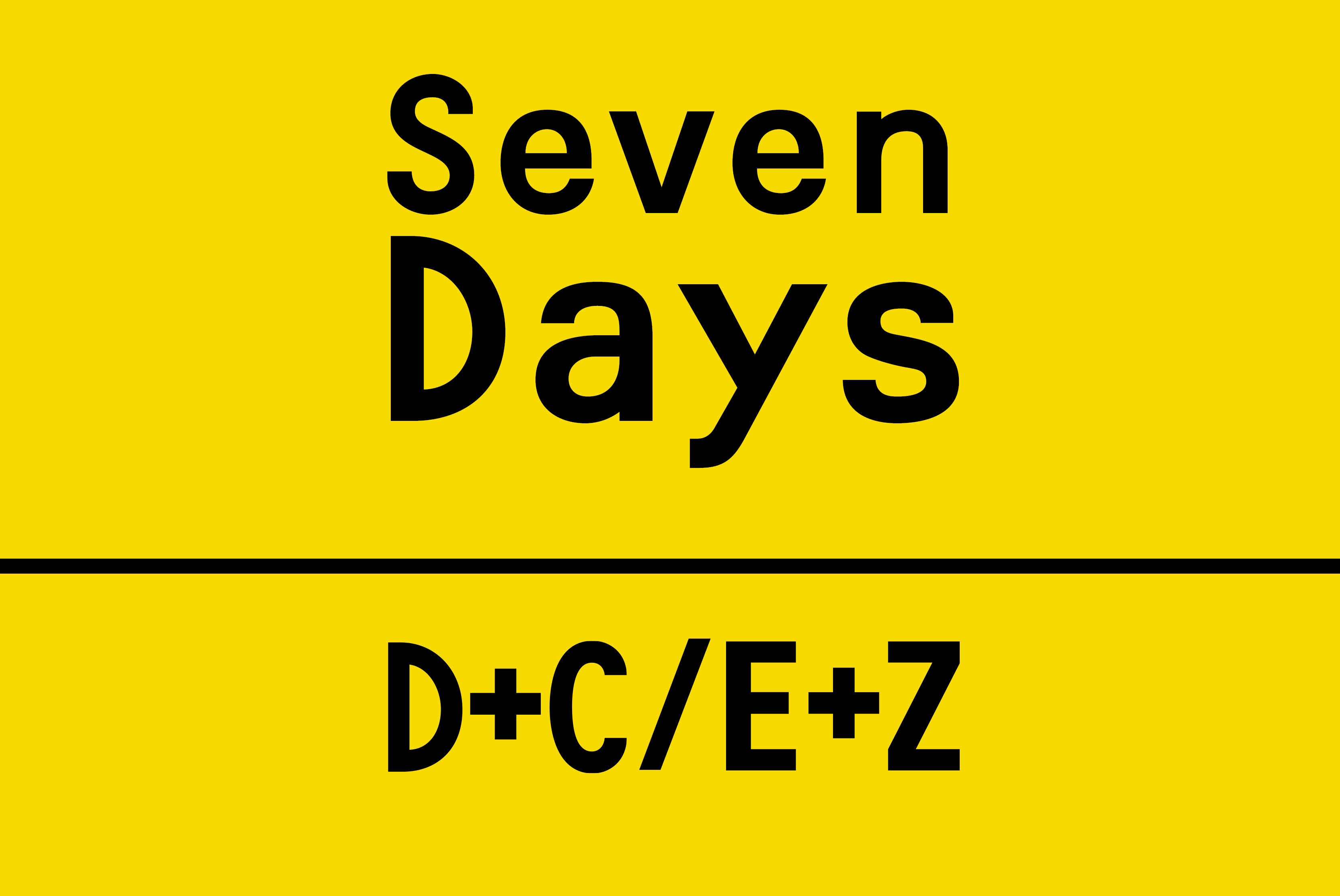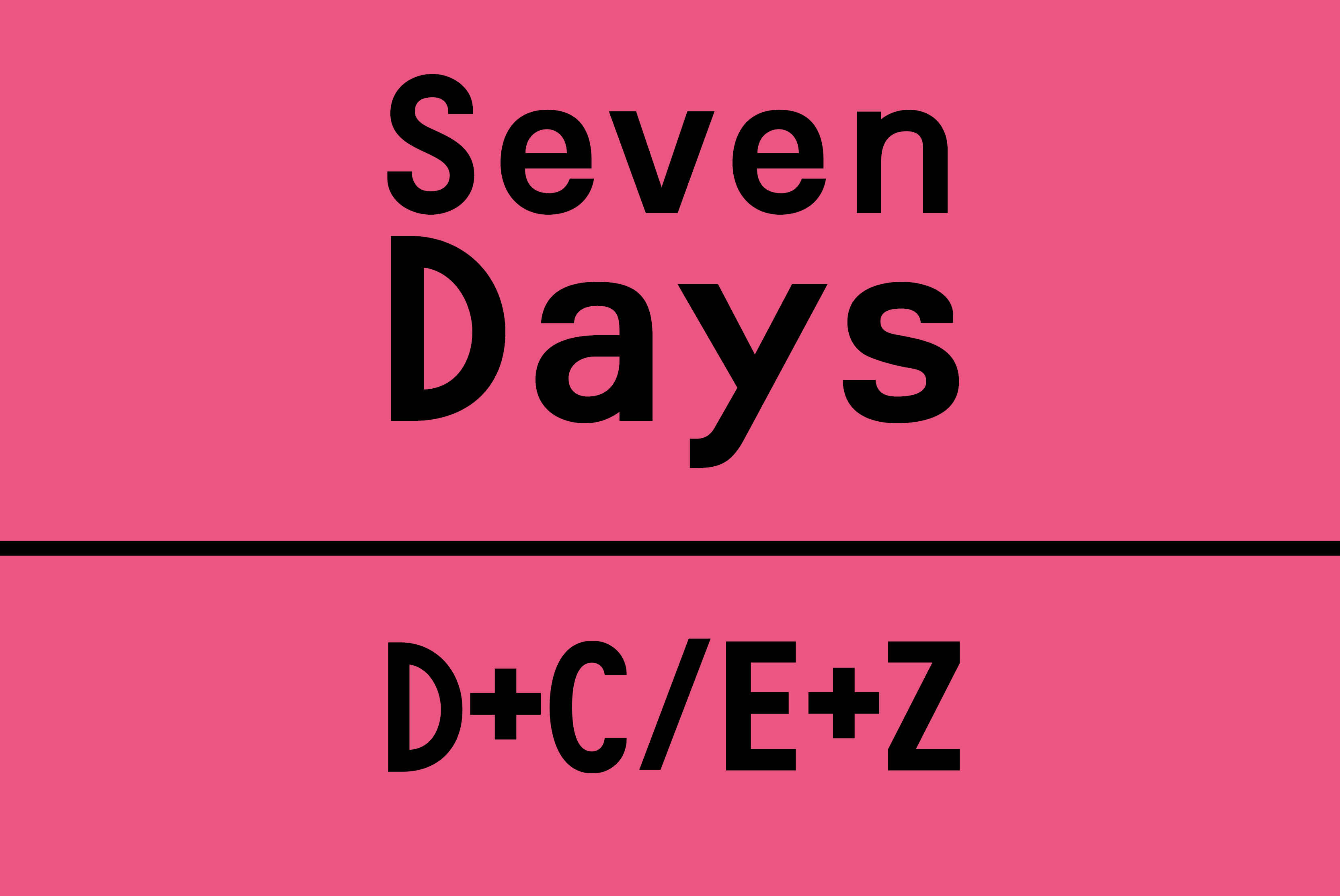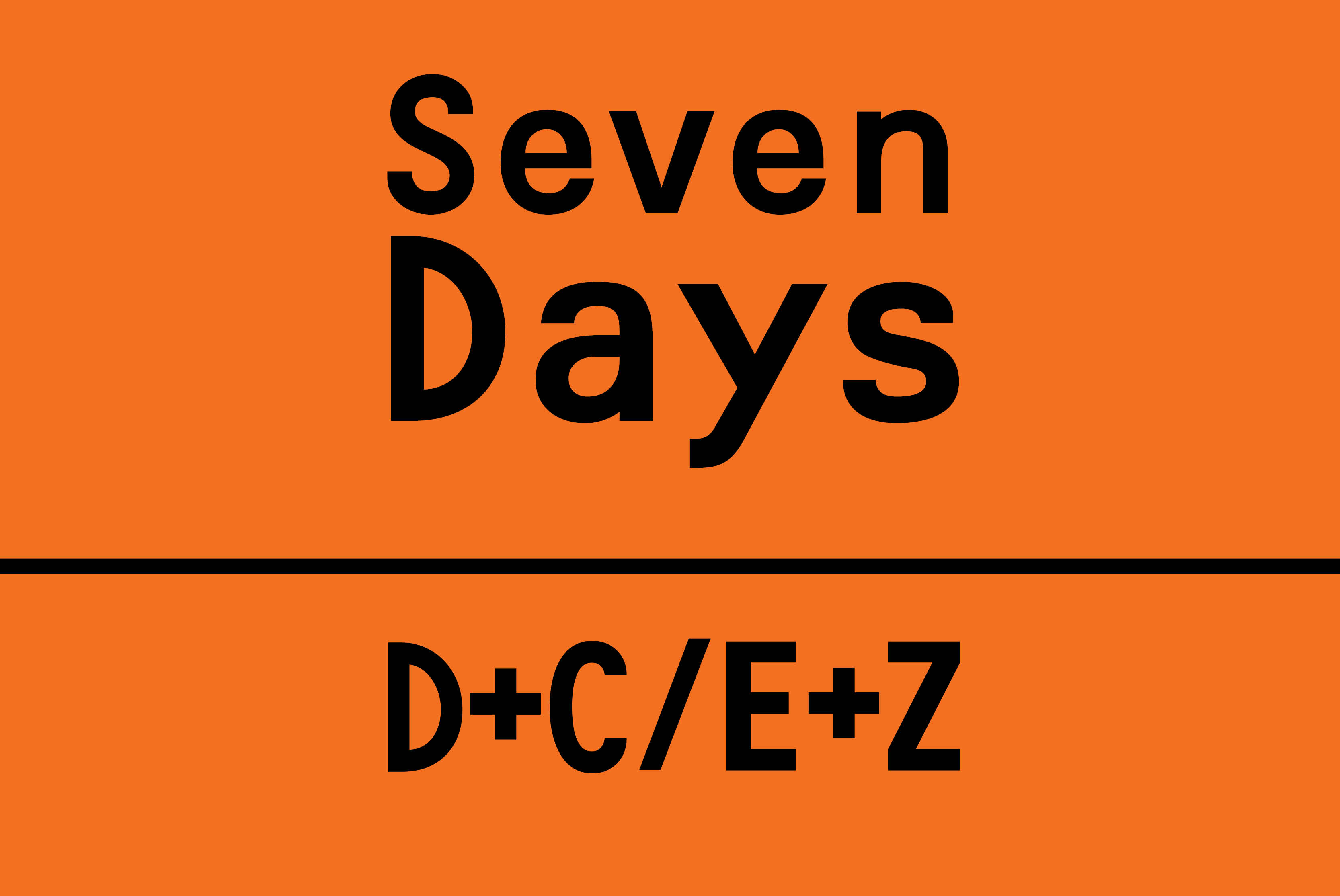In brief
News of the week

Nigeria’s elections postponed
Nigeria’s presidential elections have been postponed by six weeks to 28 March. The authorities indicated that this step was necessary because of the crisis in the country’s north-east where the security forces have not been able to get a grip on the Boko Haram insurgency of radical Islamists.
Many Nigerians are upset because of this decision. Some believe that the real reason for postponement is that President Goodluck Jonathan’s chances of winning another term were declining in the run-up to the election. Others point out that the security forces are unlikely to make much progress against the terrorist militia in six weeks. Their fight against Boko Haram has been going on for years. Some fear that the military is behind the postponement and preparing to grab power. The public mood in Nigeria is also affected by falling oil prices.
Even former President Olusegun Obasanjo has expressed concern over the decision to hold the elections later than planned. He is a senior leader of President Jonathan’s People’s Democratic Party, and Jonathan’s political rise began when he was in office. Obasanjo was once a military dictator of Nigeria, but was later democratically elected president. He has now publicly endorsed Jonathan’s main opponent in the elections, Muhammadu Buhari, another former military ruler.
Boko Haram is increasingly affecting Nigeria’s neighbours. Last week, the armed forces of Niger claimed to have killed some 260 terrorists. On Friday, a first Boko Haram attack on a village in Chad was reported.
Sources: FT, dlf, FAZm npr
Anti-corruption crusader wins local elections in New Delhi
New Delhi, India’s capital region, will be run by a new state government after the Aam Aadmi Party (Common Man Party – AAP) triumphed in a landslide in regional elections. It won 67 of 70 seats in Delhi’s legislative assembly. The Bharatiya Janata Party (BJP) of Prime Minister Narendra Modi will form the opposition with a mere three legislators.
The AAP is led by Arvind Kejriwal. He started it as a spin-off from a broad-based anti-corruption movement that was spearheaded by veteran activist Anna Hazare a few years ago.
The AAP had already won regional elections once, but Kejriwal resigned as chief minister one year ago after being in office for not quite two months. Back then, the AAP did not have a majority of its own in the state assembly, and Kejriwal refused to make compromises with other parties. The media read his decision to resign as his shying away from responsibility.
The AAP did not perform well in national elections in May which swept the BJP to power, and Modi seemed to be invincible for a while. Kejriwal’s recent triumph, however, proves that Indian democracy is still lively and volatile. The Congress Party, however, is not playing any role in Delhi’s local politics anymore. It used to be India’s dominant force and was led by the Nehru-Gandhi dynasty. It lost to the BJP at the national level last year.
Sources: The Hindu, The Statesman
Extrajudicial executions in Burundi
Burundi’s National Defense Force and police committed at least 47 extrajudicial executions between December 30, 2014, and January 3, 2015, following a clash with an armed group in the north-western province of Cibitoke, Human Rights Watch (HRW) reports. Armed members of the ruling party’s youth league are also said to have participated in the killings.
“The Burundian security forces have a responsibility to defend citizens against violence, but that cannot mean murdering those they have detained,” said Daniel Bekele of the international non-governmental organisation. He accused the military and the police of not making efforts to arrest men who surrendered, but shooting them instead. According to HRW, the killings in Cibitoke fit a broader pattern of extrajudicial executions that goes back several years in Burundi.
Source: HRW
Malaysian opposition leader sent to prison
Malaysia’s opposition leader Anwar Ibrahim must spend five years in prison. The country’s Supreme Court upheld a judgment that a lower court passed against him, finding him guilty of “sodomy”. Homosexual relationships are illegal in Malaysia. Anwar says that he has not had any such relationship and argues that the government wants to silence him. Because of the judgement, he can no longer be a member of parliament and cannot run in the general elections scheduled for 2018.
Anwar is a former deputy prime minister and finance minister of Malaysia. However, he fell out with then Prime Minister Mahathir Mohamad, who first accused him of a homosexual relationship and had him jailed. Anwar has repeatedly been taken to court and jailed. Nonetheless, he led the opposition party Paktan Rakyat in the past two parliamentary elections.
Source: Spiegel-online
Refugees drown near Lampedusa
According to the UN Refugee Agency (UNHCR), some 200 persons are likely to have died at sea near the Italian island of Lampedusa early last week. At least two boats are reported to have sunk on their way to Europe from Libya. One boat was found by the Italian coast guard, and 27 of its passengers died of hypothermia. Survivors reported that they had refused to board the boats in Libya because of cold and stormy weather, but that smugglers had forced them to do so regardless of the risks. Apparently, every passenger had paid the equivalent of $ 800 in order to be brought to Europe.
The Italian military ran a mission to rescue refugees at sea until November. It was called Mare Nostrum. The programme cost an annual € 100 million. The government in Rome discontinued it because other EU countries refused to contribute funds. As a follow-up, an EU programme was started that only monitors the coastal areas and is not designed to rescue everybody who is in distress at sea. The UNHCR wants Mare Nostrum to be re-started.
Sources: taz, Spiegel-online
Jamaica beats Germany, Britain and France
According to Reporters without Borders, the international non-governmental organisation, Jamaica is the only developing countries that ranks among the top ten nations in terms of press freedom. Reporters without borders puts the Caribbean country in the 9th place in its recently released 2015 Press Freedom Index. The leading nations are all comparatively small, and Jamaica is considered to fare better than Germany, Britain and France for example.
Link:
2015 World Press Freedom Index
http://index.rsf.org/#!/
Argentina's president accused of covering up terror attack
Public prosecutors in Argentina want to take President Cristina Kirchner de Fernandez to court. They argue that she conspired with the Iranian regime to cover up a terror attack on a Jewish institution in Buenos Aires in the 1994. At the time, 85 persons were killed. Kirchner denies any involvement, and so does the Iranian government. In January, a public prosecutor, Alberto Nisman, had been found dead. He had investigated the case and was preparing to formally accuse Kirchner.
Sources: SZ, spiegel-online
These items were compiled by Hans Dembowski on the basis of international media coverage.










